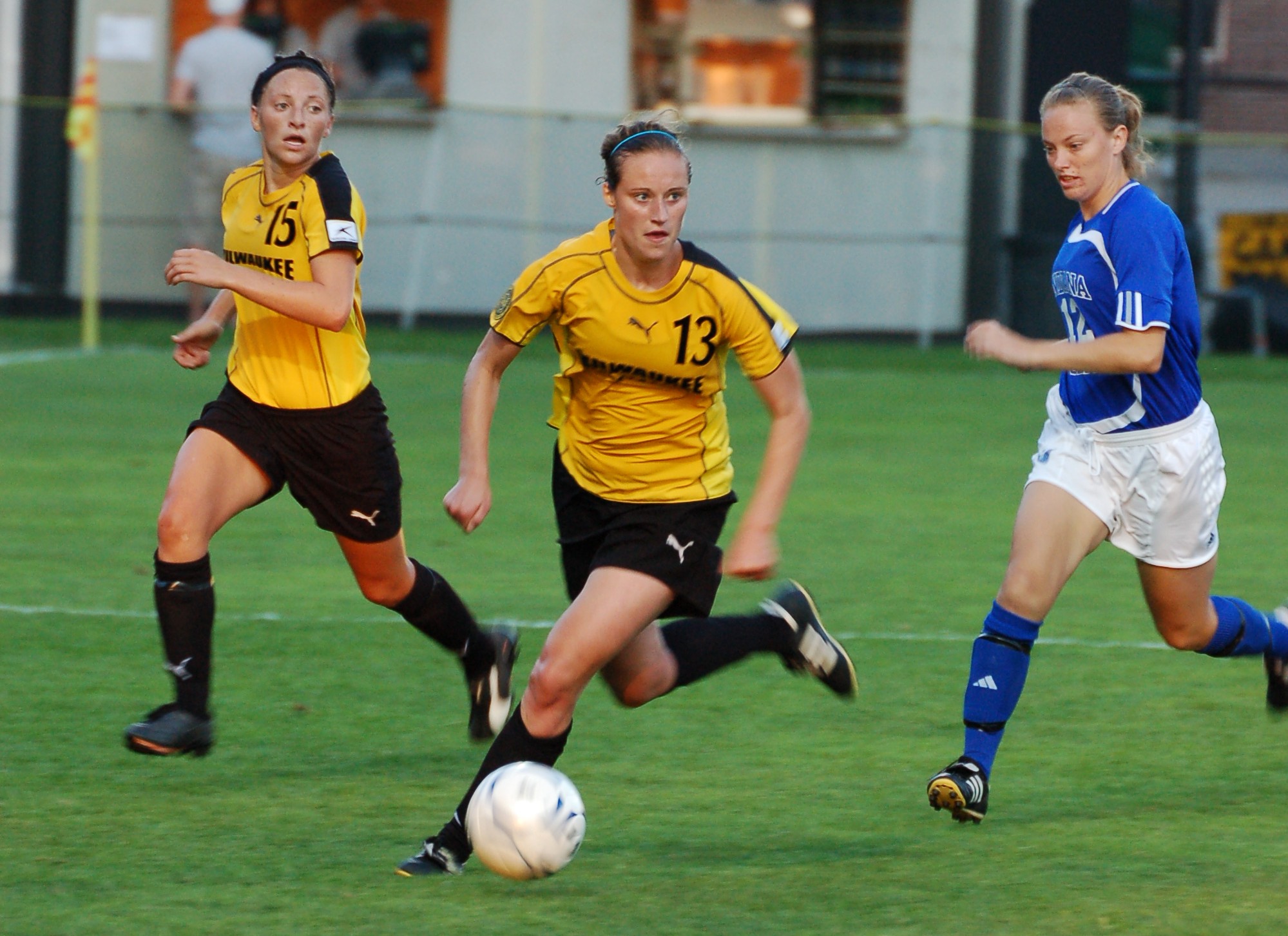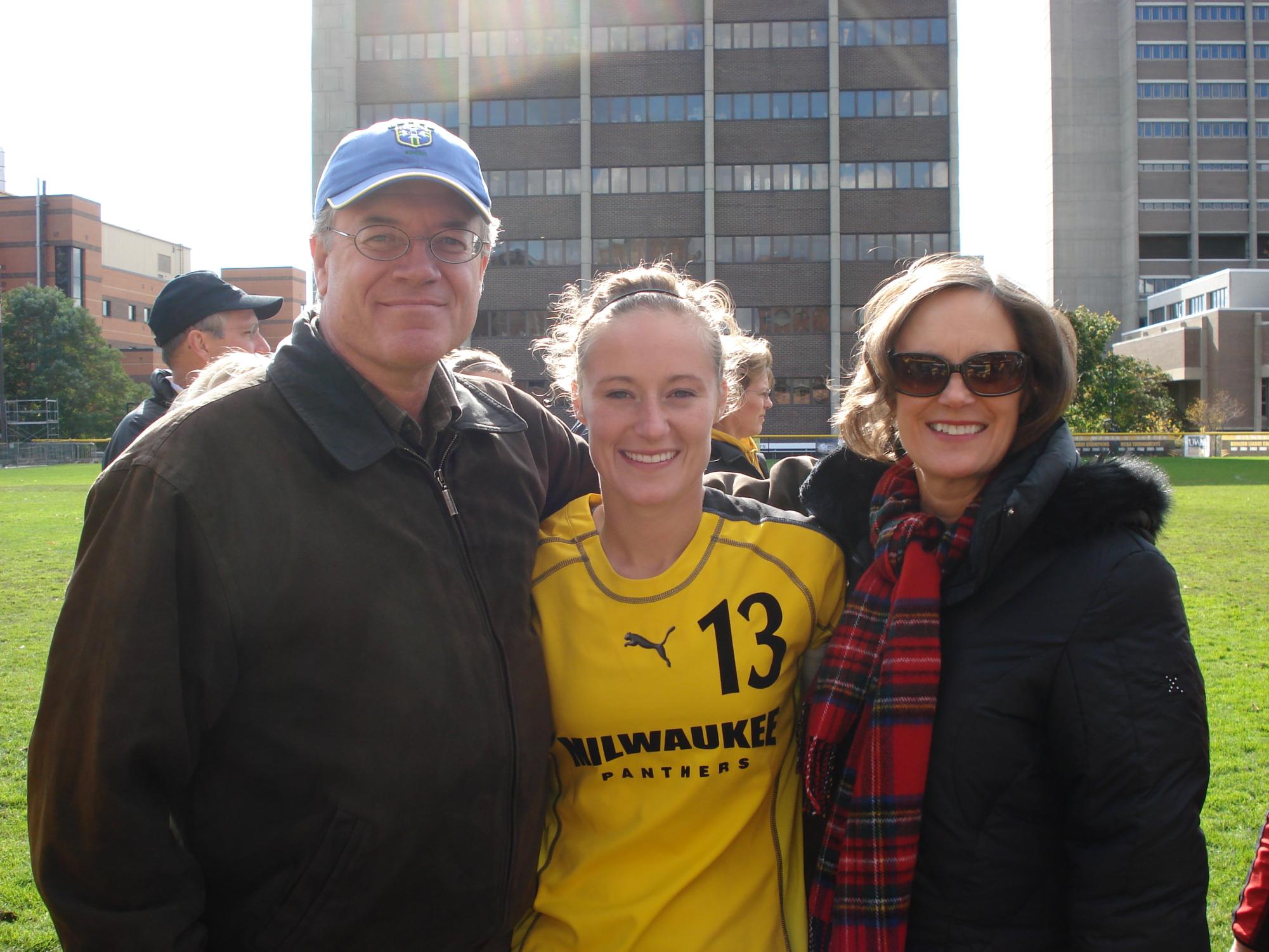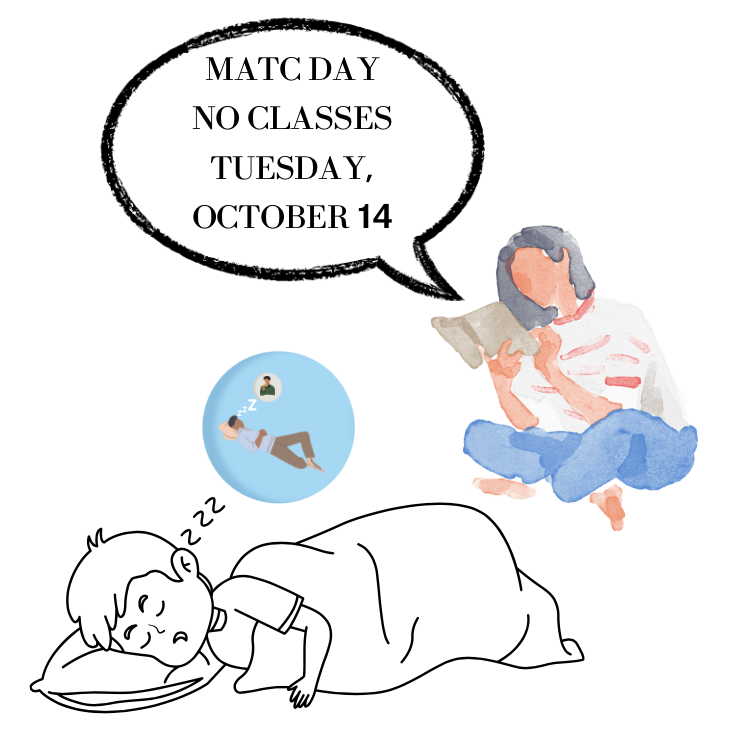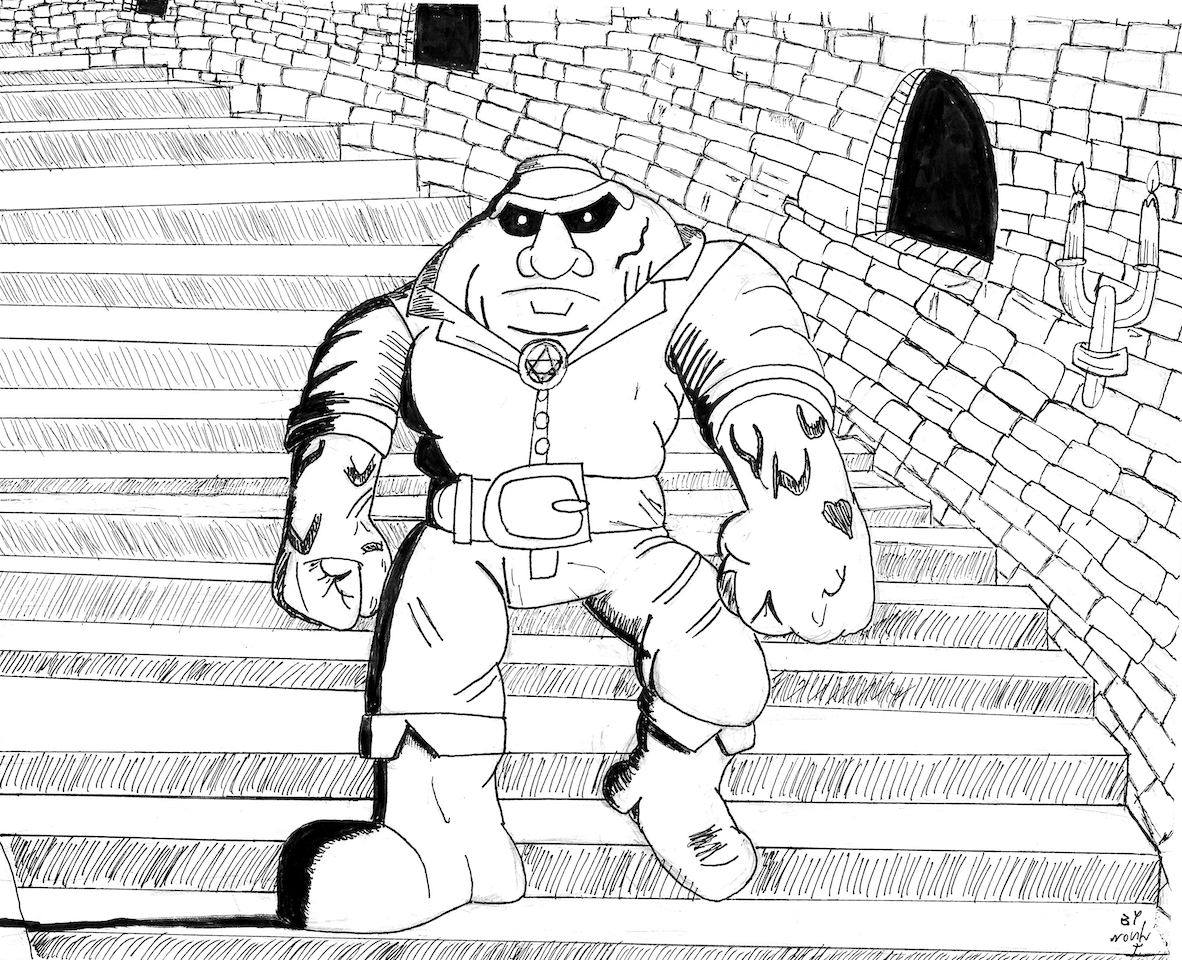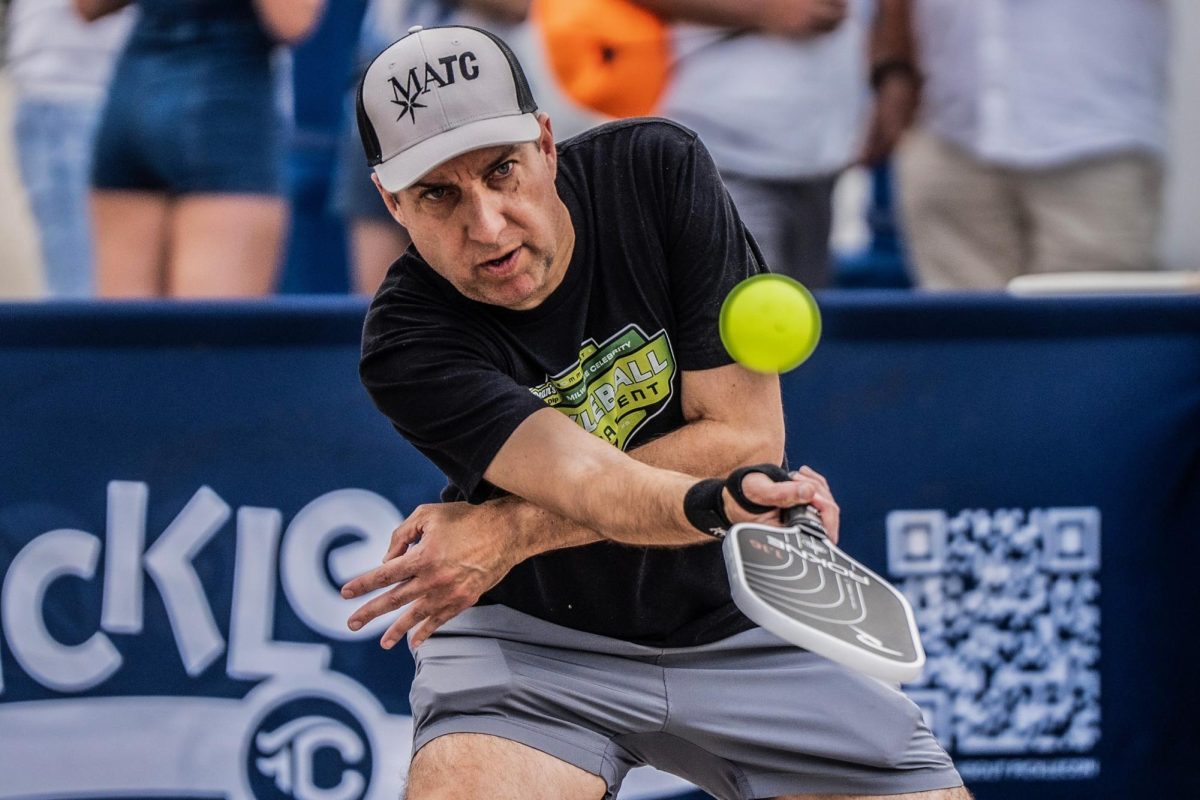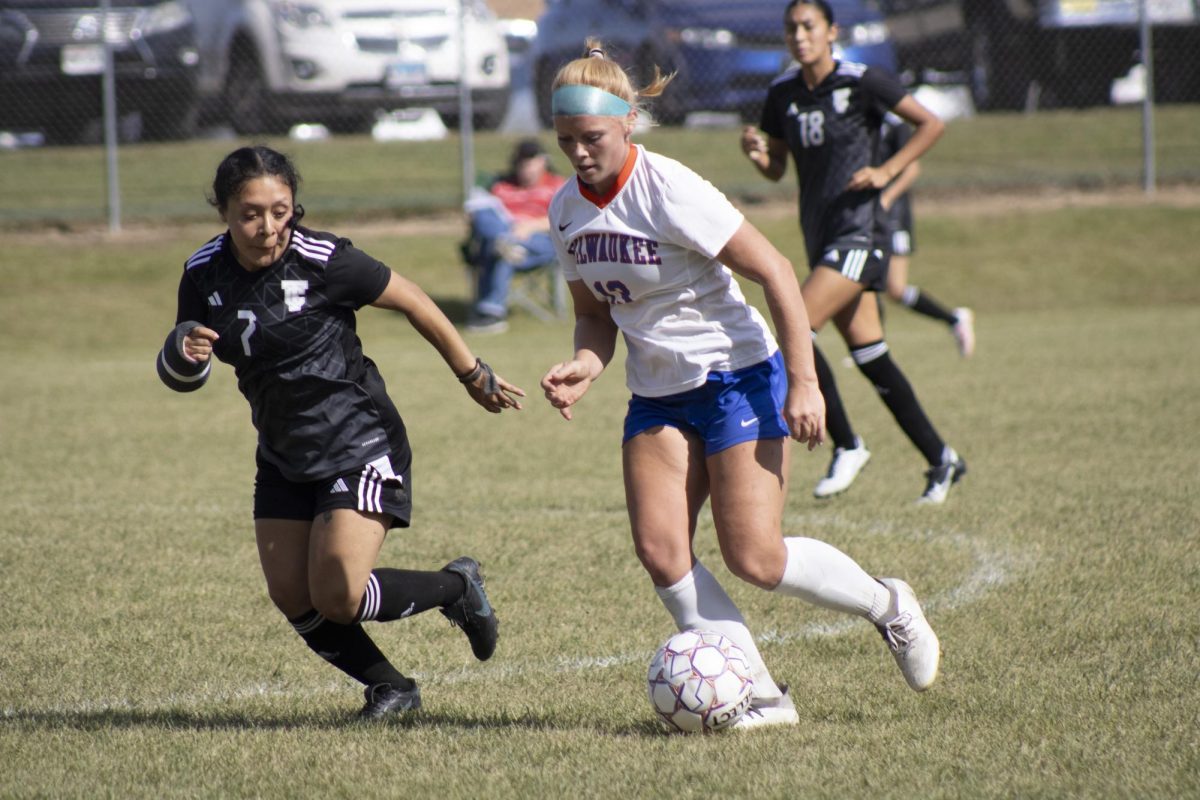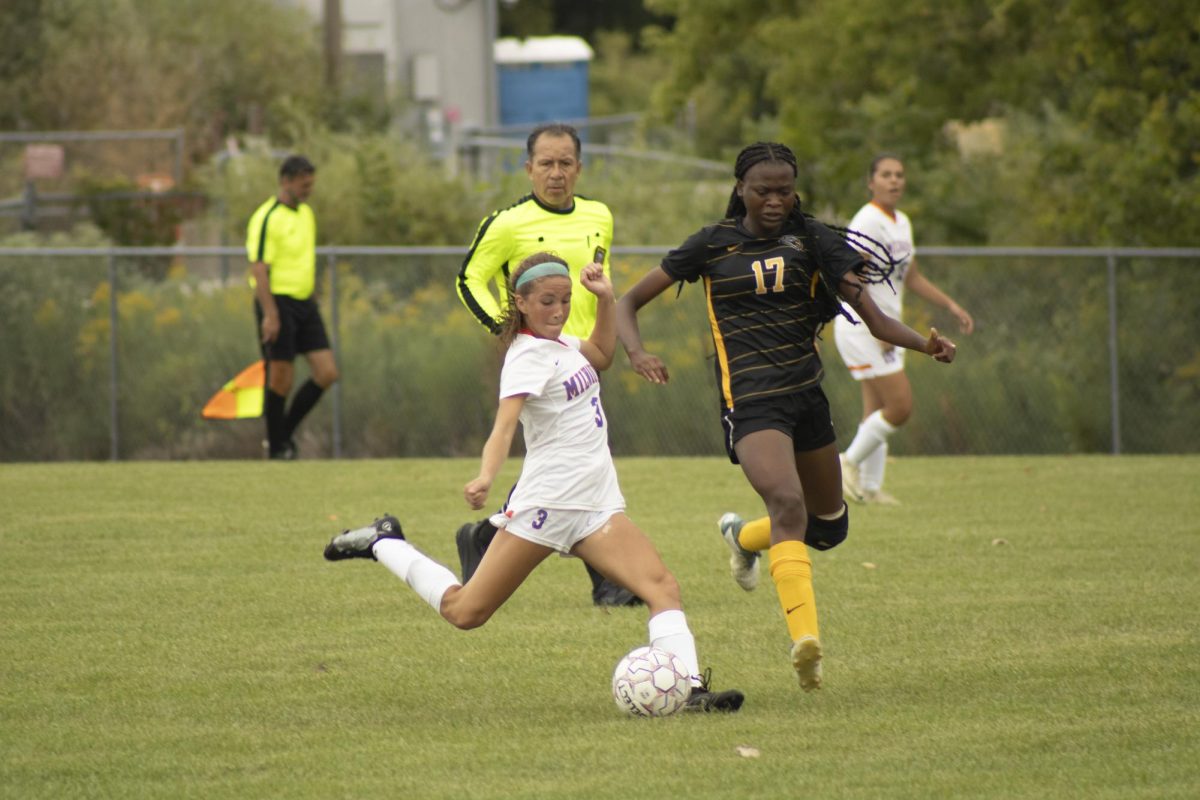Being an athlete can be challenging at times, particularly when it comes to maintaining a routine, spending countless hours working out, watching highlights, and most importantly, maintaining your mental health. This isn’t just college athletes; this is also professional athletes. Here at MATC, one of our assistant soccer coaches, Sarah Sweeney, was a former D1 and professional soccer player. She will walk us through what that experience was like and the transition she made from being on the field to coaching on the sidelines.
Assistant Women’s Soccer Coach Sarah Sweeney
Sarah Sweeney, Assistant Coach for Women’s Soccer since the Fall 2024 semester, says the experience has been amazing thus far. Sweeney attended the University of Wisconsin-Milwaukee for her undergraduate degree in 2005, majoring in education with a minor in math and science. She also earned a Master’s degree in Sports Management from Cardinal Stritch University in 2015 while simultaneously coaching for the Cardinal Stritch soccer program (2012-2015). When I asked Sweeney why she decided to become both an assistant coach and P.E. teacher, her response was simply, “This role perfectly combines my passions for physical fitness and collegiate athletics.”
Life as a D1 Athlete
Being a D1 athlete means maintaining a good routine in order to keep in shape. “Being a D1 athlete (at UW-Milwaukee) took my determination, grit, and work ethic to new heights,” said Coach Sweeney. School and soccer was her full-time job, with days filled with classes, homework, practice, rest, and eating healthy from sunrise to sunset. “We were so lucky to work with a sports psychologist, who guided us in developing mental toughness, eliminating distractions, and becoming the best versions of ourselves on the field,” said Sweeney.
Experiencing Stress
When you’re a D1 athlete, you’re under a lot of pressure, and that can have a negative effect on your mental health. Sweeney shared her experience about the pressure of expectations, and though her coaches saw that she had so much potential, the pressure still took a toll on her mental health. Trying to juggle her many tasks became overwhelming for Sweeney, so much so that there was even a moment when she had a panic attack while driving. After pulling over and getting herself together, she finally decided to be vocal to her coaches about the amount of stress she was under. She highlights how mental health issues can feel very isolating, but she wants you to know that you are not alone if you are experiencing these emotions.
Playing Professional Soccer
According to NCAA Research, “ Approximately 530,000 student-athletes compete at NCAA schools, and only a select few move on to compete at the professional or Olympic level.” Division 1 women’s soccer has about 29,960 participants in total. If we only include women who are eligible for the professional draft, that number shrinks to around 6,650 with less than 50 of those student-athletes ever seeing a professional field. This made me wonder, what is the process, transitioning from D1 to playing professional soccer? “In the lead-up to the draft, I attended a tryout for the Women’s Professional Soccer (WPS) league,” said Sweeney. She insists that both her club and college coaches played a crucial role in getting her name out there, and their support encouraged other coaches to watch her play. Sweeney was drafted by the St. Louis Athletica (Missouri) in 2010, and describes her emotions as a mix of excitement and nervousness. She played for only five months before deciding to hang up the cleats and fully embrace her true passion: coaching.
Advice for College Soccer Players
I asked Sweeney for advice for MATC athletes who aspire to be professional athletes. She said, “Prioritizing your physical health is key- this includes a balanced diet, staying hydrated, and focusing on overall fitness.” She emphasized that athletes who don’t invest their time and resources into taking care of themselves often face injuries. While many athletes focus on their physical health, she also stressed that your mental health should never be ignored. Developing a strong mindset is just as important as physical training, and surrounding yourself with positive people, having a stable routine, and being willing to reach out for help will give you the best chance to accomplish your goals.
